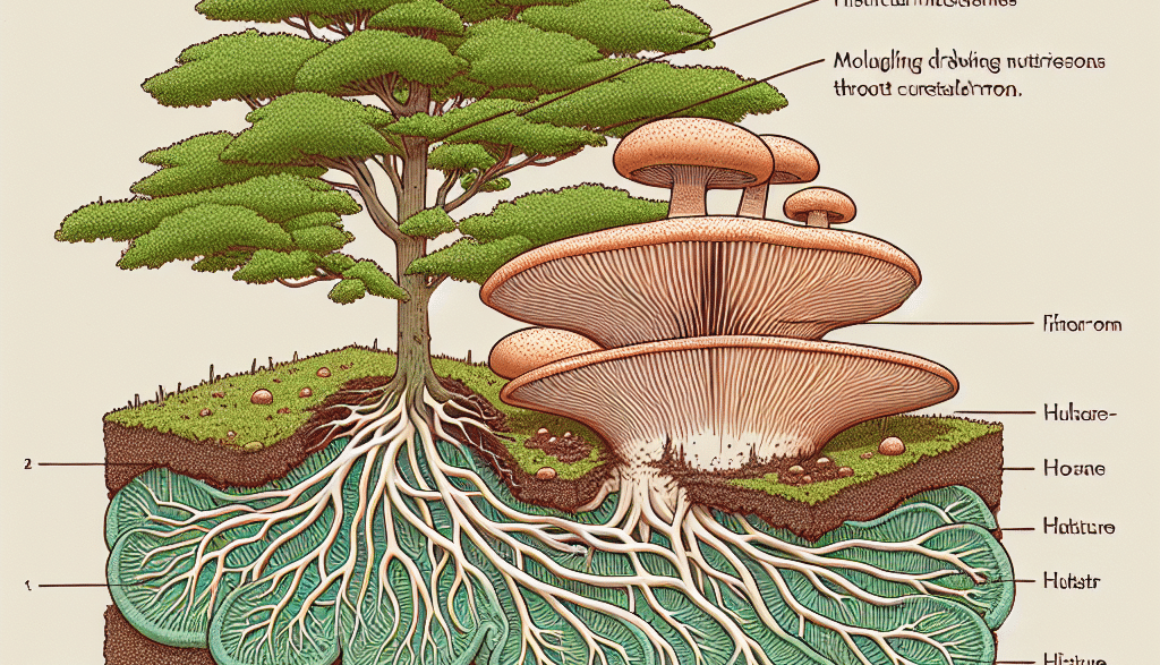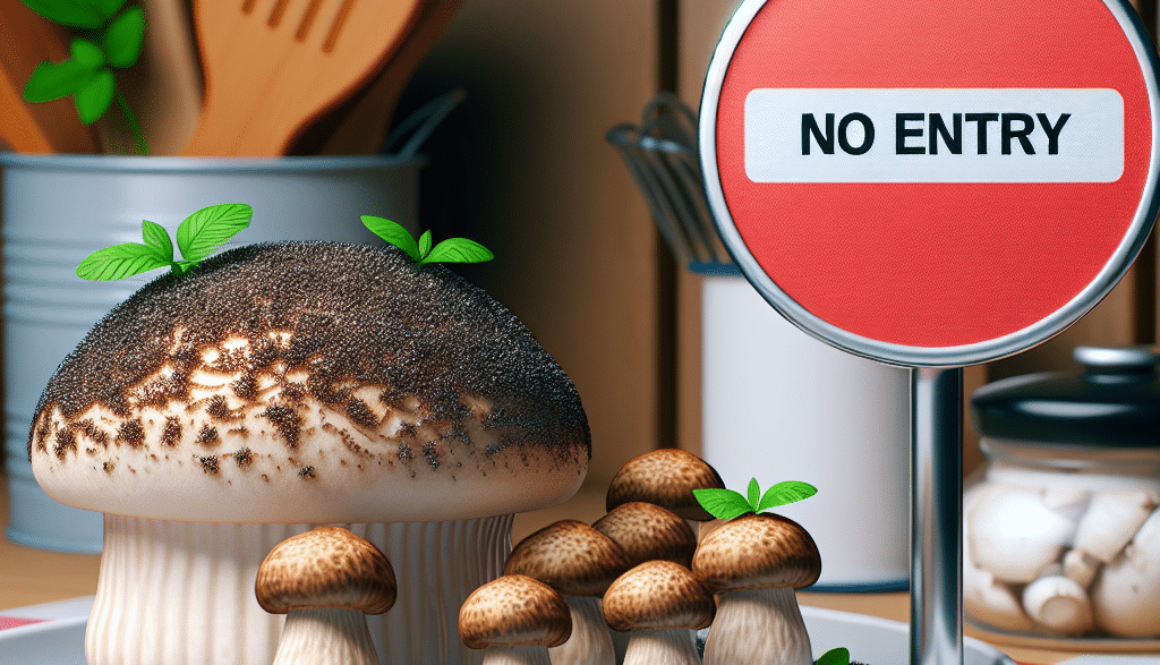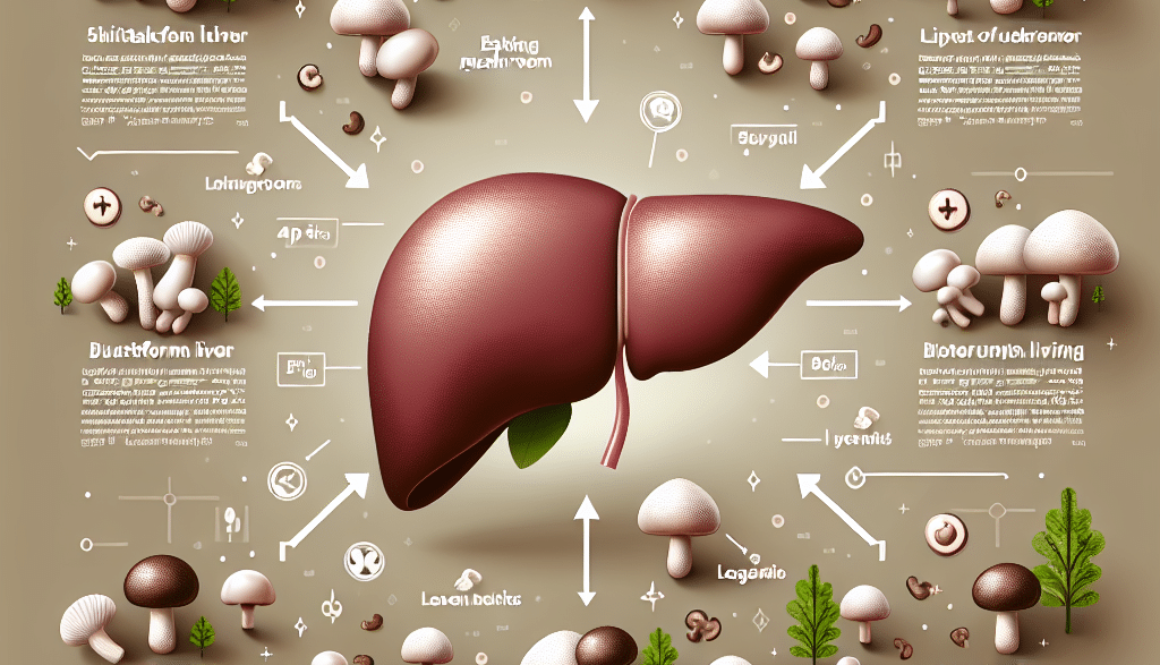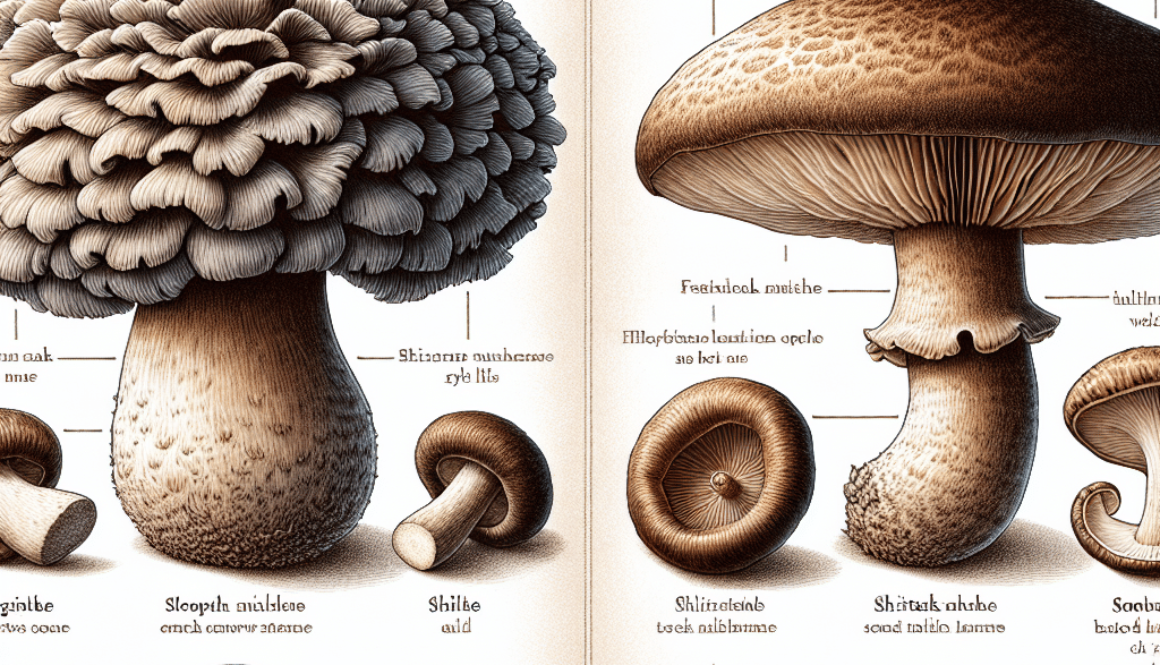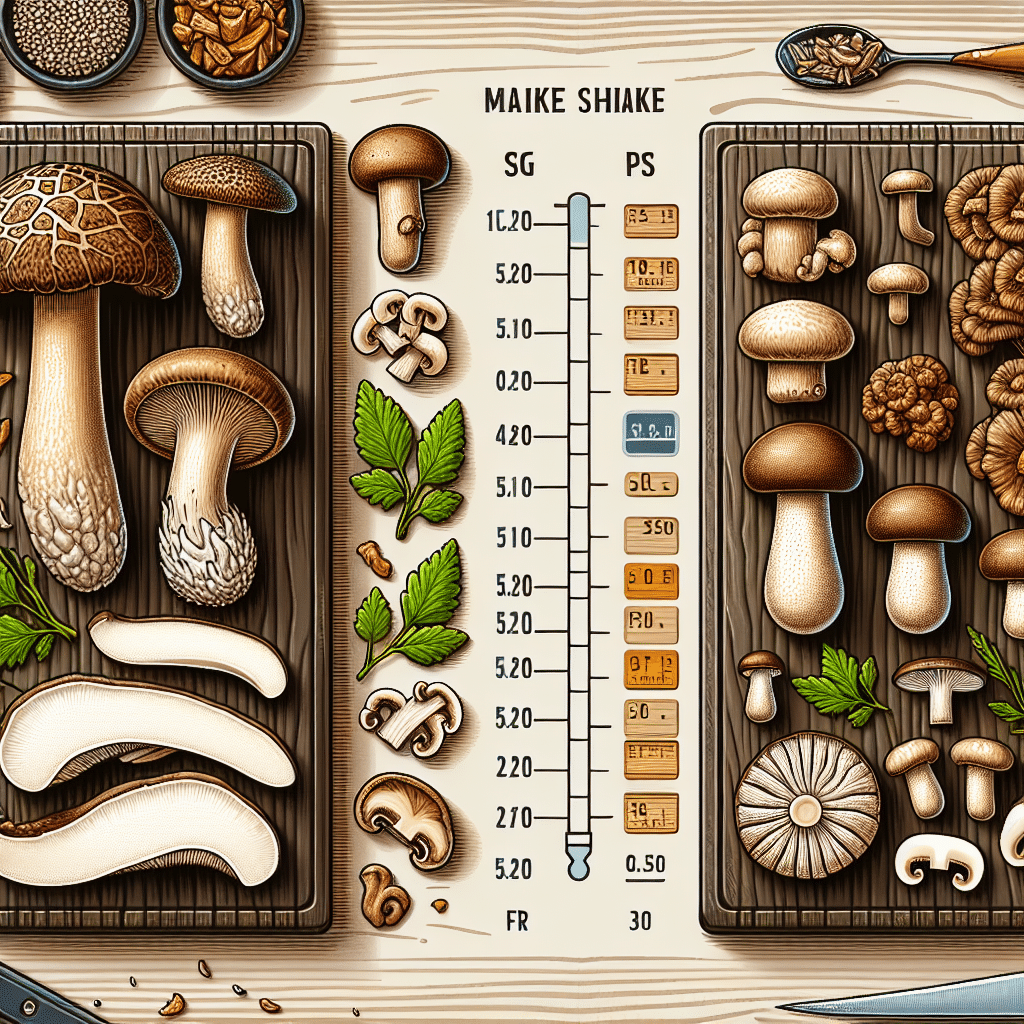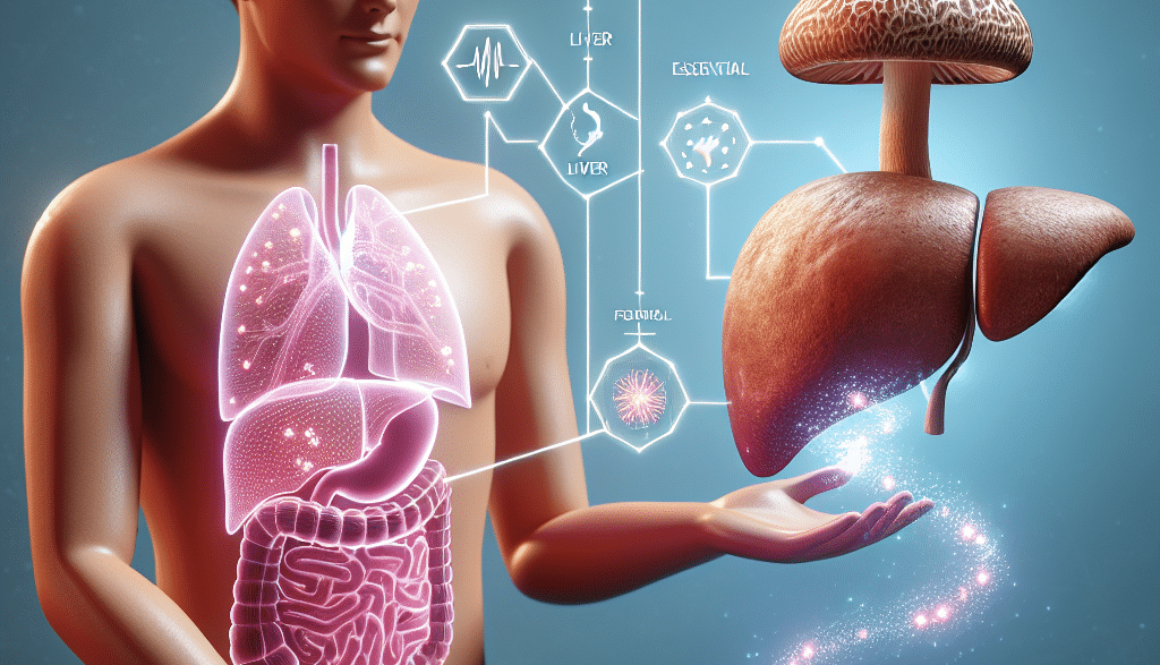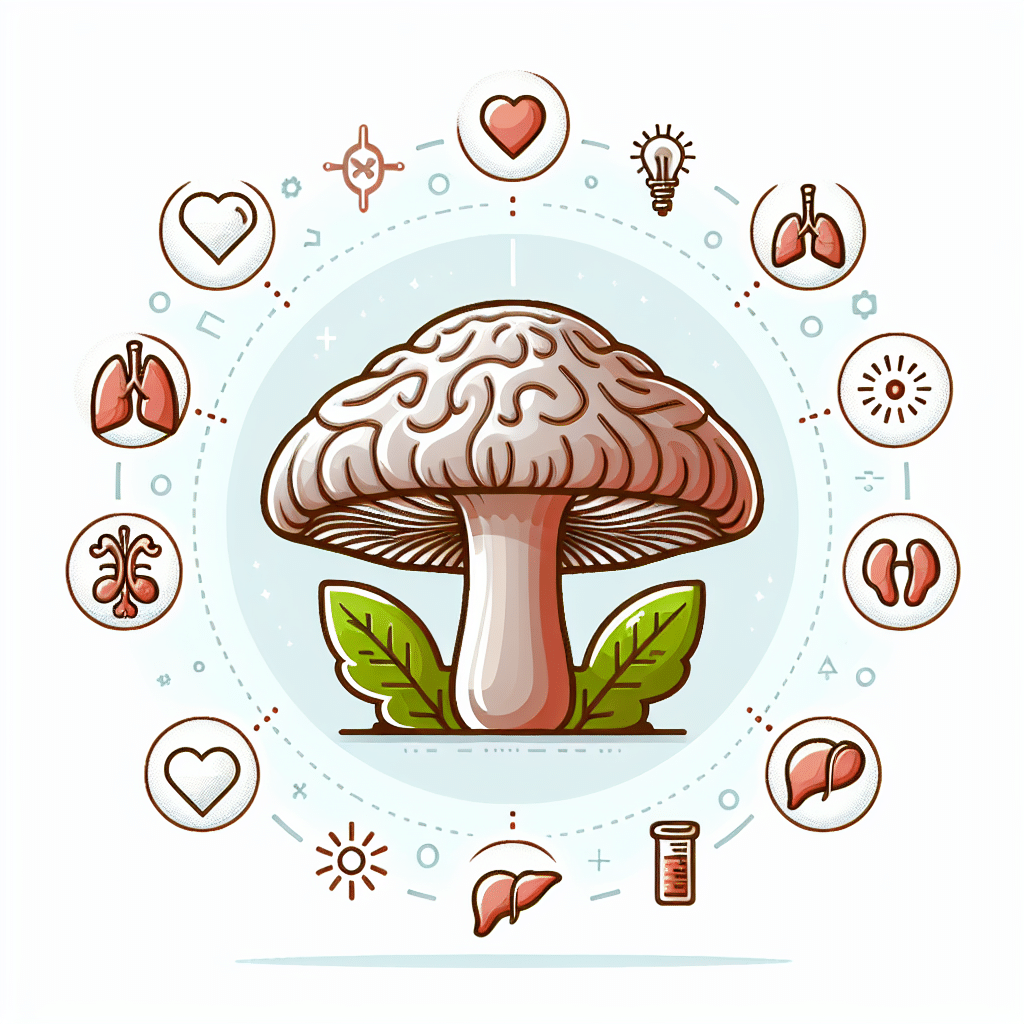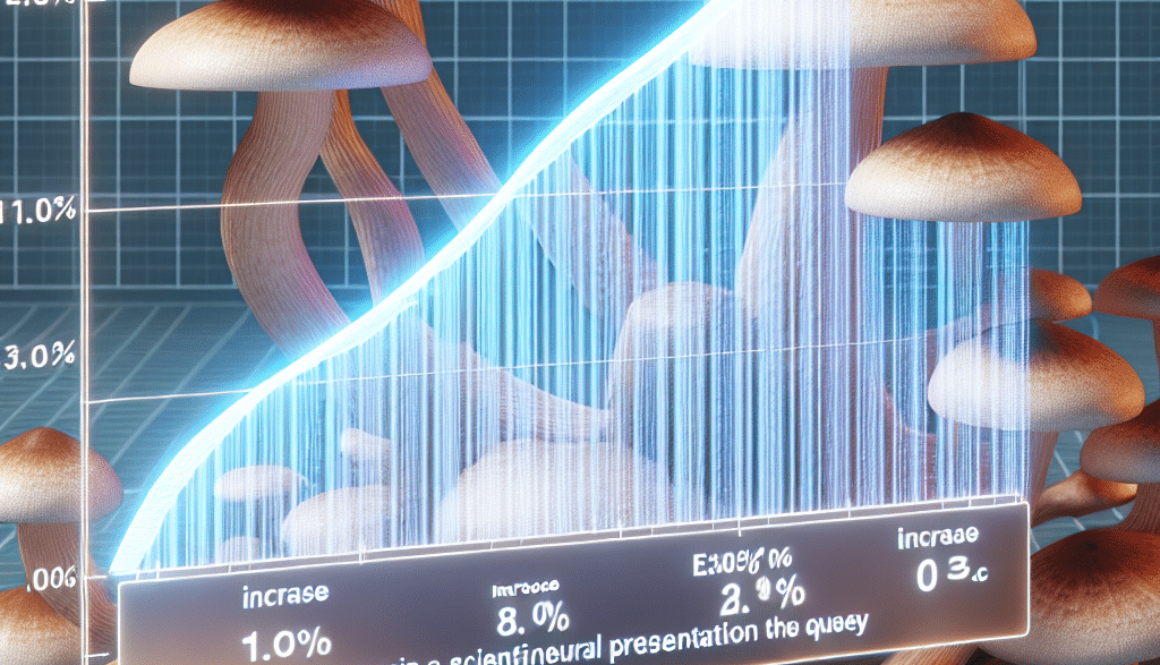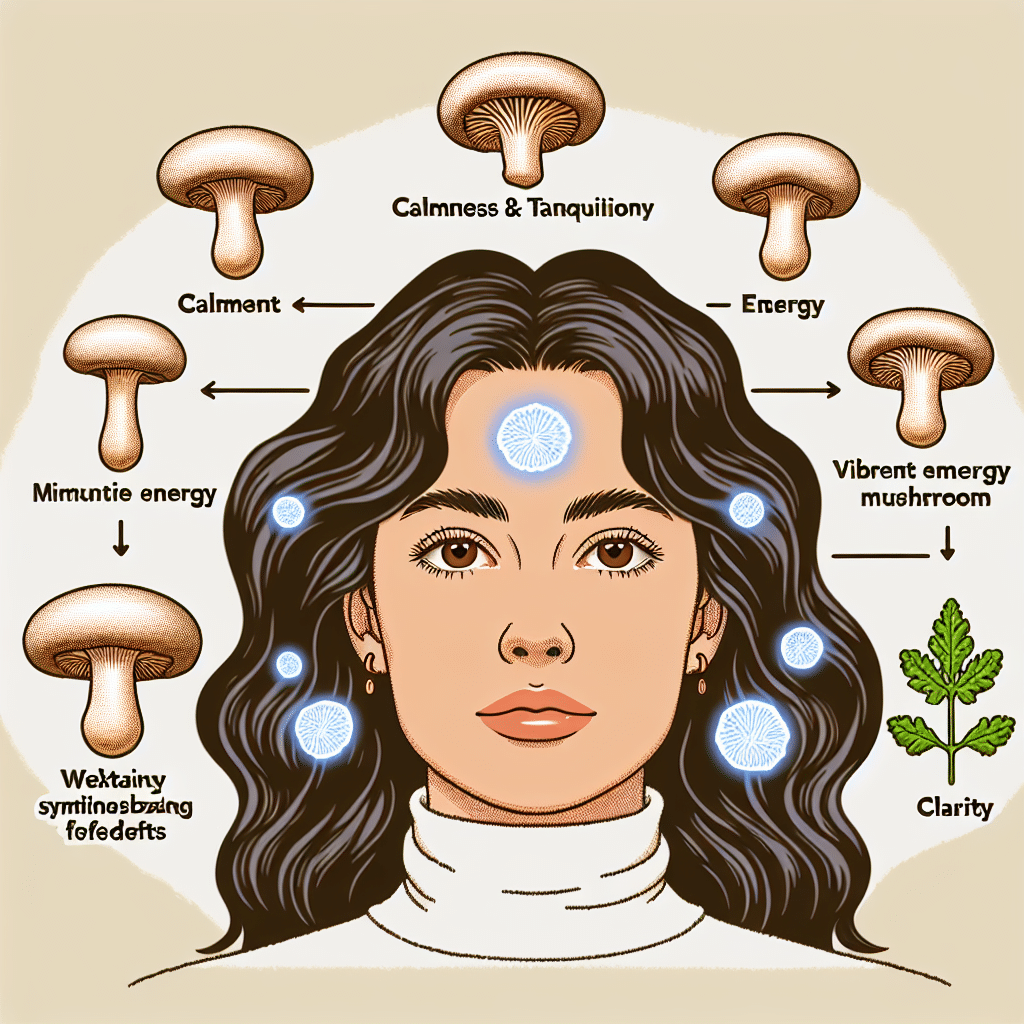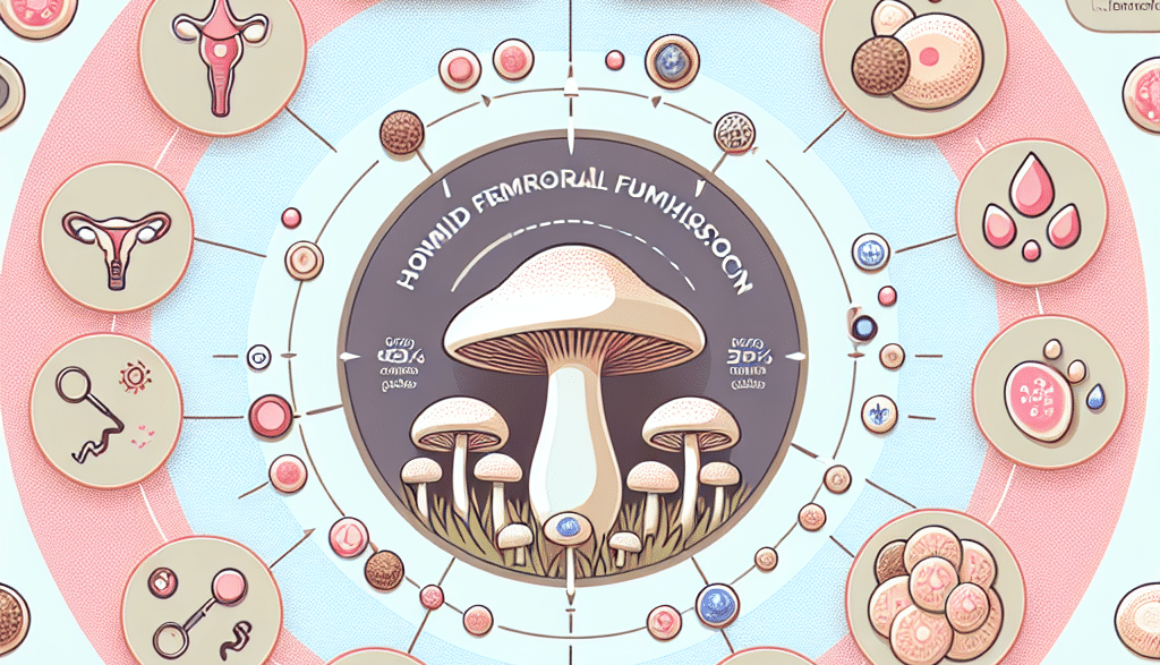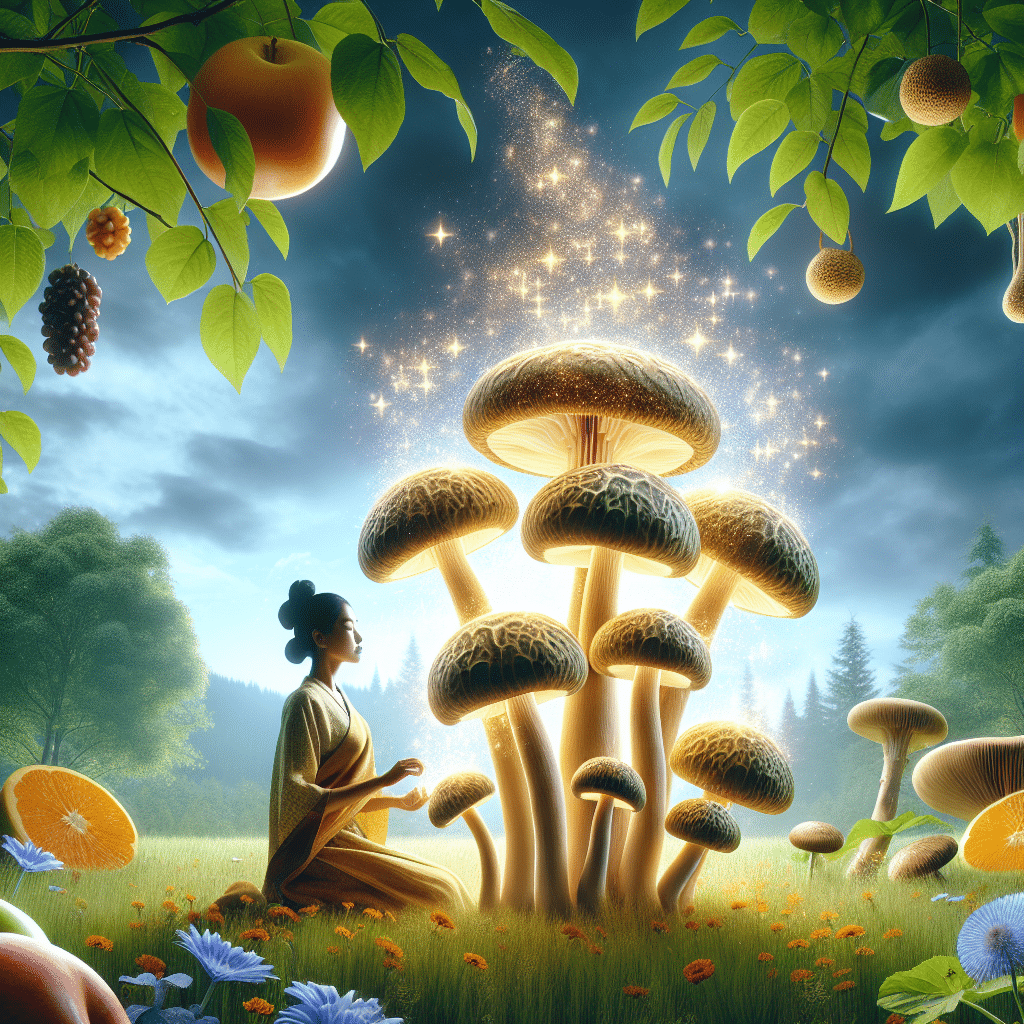Is A Maitake A Parasite?
-
Table of Contents
- Maitake Mushrooms: Parasitic Fungi or Beneficial Organisms?
- Understanding Maitake Mushrooms
- Defining Parasitism in Fungi
- Are Maitake Mushrooms Parasitic?
- The Ecological Role of Maitake Mushrooms
- Health Benefits of Maitake Mushrooms
- Commercial Cultivation of Maitake Mushrooms
- Conclusion: Maitake Mushrooms Are Not Parasites
- Discover ETChem’s Protein Products
Maitake Mushrooms: Parasitic Fungi or Beneficial Organisms?
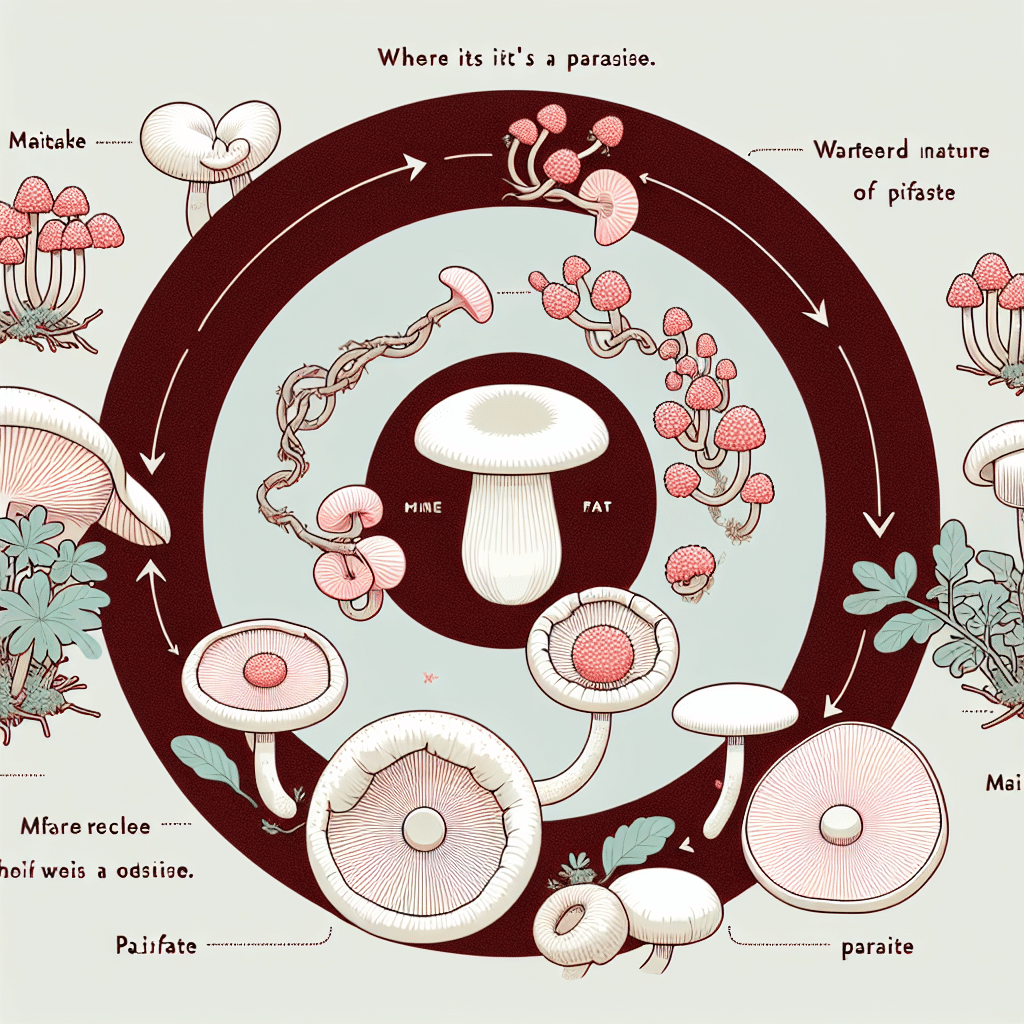
When it comes to the world of fungi, there is often confusion about the roles different species play in their ecosystems. One such species that has raised questions is the maitake mushroom. Known for its unique appearance and health benefits, some may wonder if this organism is a parasite. This article aims to explore the nature of maitake mushrooms and clarify whether they should be classified as parasitic or not.
Understanding Maitake Mushrooms
Maitake mushrooms, scientifically known as Grifola frondosa, are a type of polypore fungus that grows in clusters at the base of trees, particularly oaks. They are native to China, Japan, and North America and are highly regarded in traditional medicine for their purported health benefits. Maitake mushrooms are also a popular culinary ingredient, known for their rich, earthy flavor and meaty texture.
Defining Parasitism in Fungi
Before we can determine if maitake mushrooms are parasitic, it’s important to understand what parasitism entails. A parasitic organism lives on or in a host and derives its food from or at the expense of its host. Parasites can cause harm to their hosts, often leading to diseases or weakening the host’s health.
Are Maitake Mushrooms Parasitic?
Maitake mushrooms are saprotrophic, not parasitic. This means they decompose dead or decaying organic matter, contributing to nutrient cycling in ecosystems. Unlike parasites, saprotrophic fungi like maitake do not harm living hosts but instead play a crucial role in breaking down complex organic materials, such as lignin and cellulose found in wood, and converting them into simpler substances that can be utilized by other organisms in the ecosystem.
The Ecological Role of Maitake Mushrooms
The ecological role of maitake mushrooms is beneficial and essential for forest health. They are part of a group of organisms known as decomposers or detritivores. Here are some key functions they serve:
- Breaking down dead wood and contributing to the nutrient cycle.
- Improving soil fertility by converting organic matter into forms accessible to plants.
- Supporting forest ecosystems by helping to clear away dead trees, making space for new growth.
Health Benefits of Maitake Mushrooms
Far from being harmful, maitake mushrooms are known for their potential health benefits. They contain beta-glucans, which are believed to stimulate the immune system and may have anti-cancer properties. Maitake mushrooms are also said to help in:
- Lowering blood sugar levels and managing diabetes.
- Reducing cholesterol and promoting heart health.
- Supporting weight loss and preventing obesity.
While more research is needed to fully understand the extent of these benefits, maitake mushrooms continue to be a focus of scientific studies.
Commercial Cultivation of Maitake Mushrooms
The popularity of maitake mushrooms has led to their commercial cultivation. They are grown in controlled environments that mimic their natural growing conditions. This not only provides a steady supply of maitake for consumers but also ensures that wild populations are not overharvested.
Conclusion: Maitake Mushrooms Are Not Parasites
In conclusion, maitake mushrooms are not parasites. They are saprotrophic fungi that play a vital role in their ecosystems by decomposing dead organic matter. Their ecological importance, coupled with their potential health benefits, makes them a valuable organism both in nature and for human consumption. Understanding the role of fungi like maitake is crucial for appreciating the balance of our natural world and the contributions of various species within it.
Discover ETChem’s Protein Products
If you’re interested in the health benefits of proteins, including those found in mushrooms like maitake, you might want to explore ETChem’s range of protein products. ETChem is a reputable manufacturer and supplier of high-quality collagens, which are essential proteins that can benefit your health in numerous ways.
ETChem’s protein products include:
- Marine collagen
- Fish collagen
- Bovine collagen
- Chicken collagen
- Type I, II, and III collagens
These products are perfect for various industries, including nutraceuticals, pharmaceuticals, cosmeceuticals, and food and beverage sectors. With a commitment to quality and customer satisfaction, ETChem is your go-to source for all your protein needs.
About ETChem:
ETChem, a reputable Chinese Collagen factory manufacturer and supplier, is renowned for producing, stocking, exporting, and delivering the highest quality collagens. They include marine collagen, fish collagen, bovine collagen, chicken collagen, type I collagen, type II collagen and type III collagen etc. Their offerings, characterized by a neutral taste, instant solubility attributes, cater to a diverse range of industries. They serve nutraceutical, pharmaceutical, cosmeceutical, veterinary, as well as food and beverage finished product distributors, traders, and manufacturers across Europe, USA, Canada, Australia, Thailand, Japan, Korea, Brazil, and Chile, among others.
ETChem specialization includes exporting and delivering tailor-made collagen powder and finished collagen nutritional supplements. Their extensive product range covers sectors like Food and Beverage, Sports Nutrition, Weight Management, Dietary Supplements, Health and Wellness Products, ensuring comprehensive solutions to meet all your protein needs.
As a trusted company by leading global food and beverage brands and Fortune 500 companies, ETChem reinforces China’s reputation in the global arena. For more information or to sample their products, please contact them and email karen(at)et-chem.com today.

